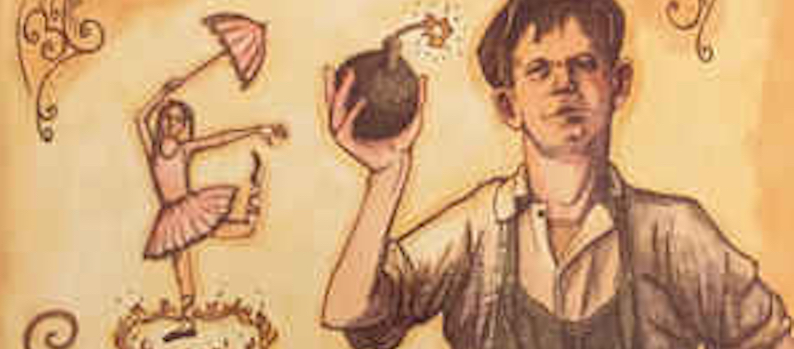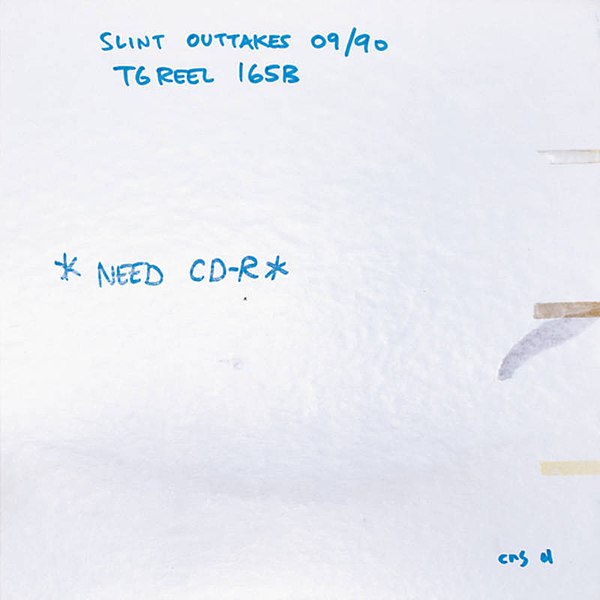Those who loved Taking Up Serpents Again, Curtis Eller’s excellent 2004 collection of banjo-driven Americana, pre-rock roots-folk and ragtime ruminations, need not tread cautiously when considering his latest, another 10-track offering dubbed Wirewalkers and Assassins. Few records this year have been as adept at mining the successes of their predecessors while still sounding refreshing and new.
Serpents is more than an appropriate comparison for the new disc. It’s almost a mirror. Eller’s carefully plucked banjo and vaguely country-western vocals still steal the show but many of the same elements surface: the walking upright bass and punctuating accordion, the cooing harmonies and rabble-rousing stompers, brushes skittering across a snare as Eller fingerpicks his way through a verse.
And, above all, Eller maintains his focus – some may say his fixation – on historical narratives and anachronisms, the way lines pleasantly blur between past and present, fact and fiction, lore and legend. On Serpents, we were introduced to Abraham Lincoln, Buster Keaton, Amelia Earhart, Charles Lindbergh, Stephen Foster and a host of others. Now, it’s John Wilkes Booth, John Brown, Fidel Castro, Richard Nixon, P.T. Barnum and Joe Louis. (Elvis Presley returns for a second go-around.) With this mix of reference points and connotations, it’s almost less accurate to call the disc old-timey than other-timey.
Of the record’s 10 great tracks, the ones that work best are the ones that kick up some dust and get your blood flowing, whether it’s the harmony-backed choruses of “John Wilkes Booth (Don’t Make Us Beg),” the pulsing one-two, one-two throb of “Sugar For The Horses” or the borderline-frantic shuffle of the incredible “Firing Squad.” (Standouts from the more slowly paced tracks include the pedal steel weeping of “Hartford Circus Fire, 1944” and the naked, unadorned “Daisy Josephine,” a heartstring-tugger if Eller’s ever written one.)
The record’s two best tracks, though, are “Sweatshop Fire” and the album-closing “Save Me Joe Louis.”
On the former, Eller ponders the fate of the Confederacy, singing lines like “I’m going to get fucked up/ like Ulysses S. Grant” over banjo, spare percussion, wailing electric guitars and backing from a perfectly timed chorus of angelic female voices.
On the latter, a melancholy offering that takes place, in part, on death row, Eller’s brand of box-car folk slows down and the proceedings adopt an almost gospel-like hue with the addition of a moaning organ.
It’s a breathtaking end, a change of pace after a half hour of acoustic ballads and more toe-tapping fare, and another reminder that, no matter what’s come before, Eller’s still got a lot more ground to cover.




Comments
Comments are closed.